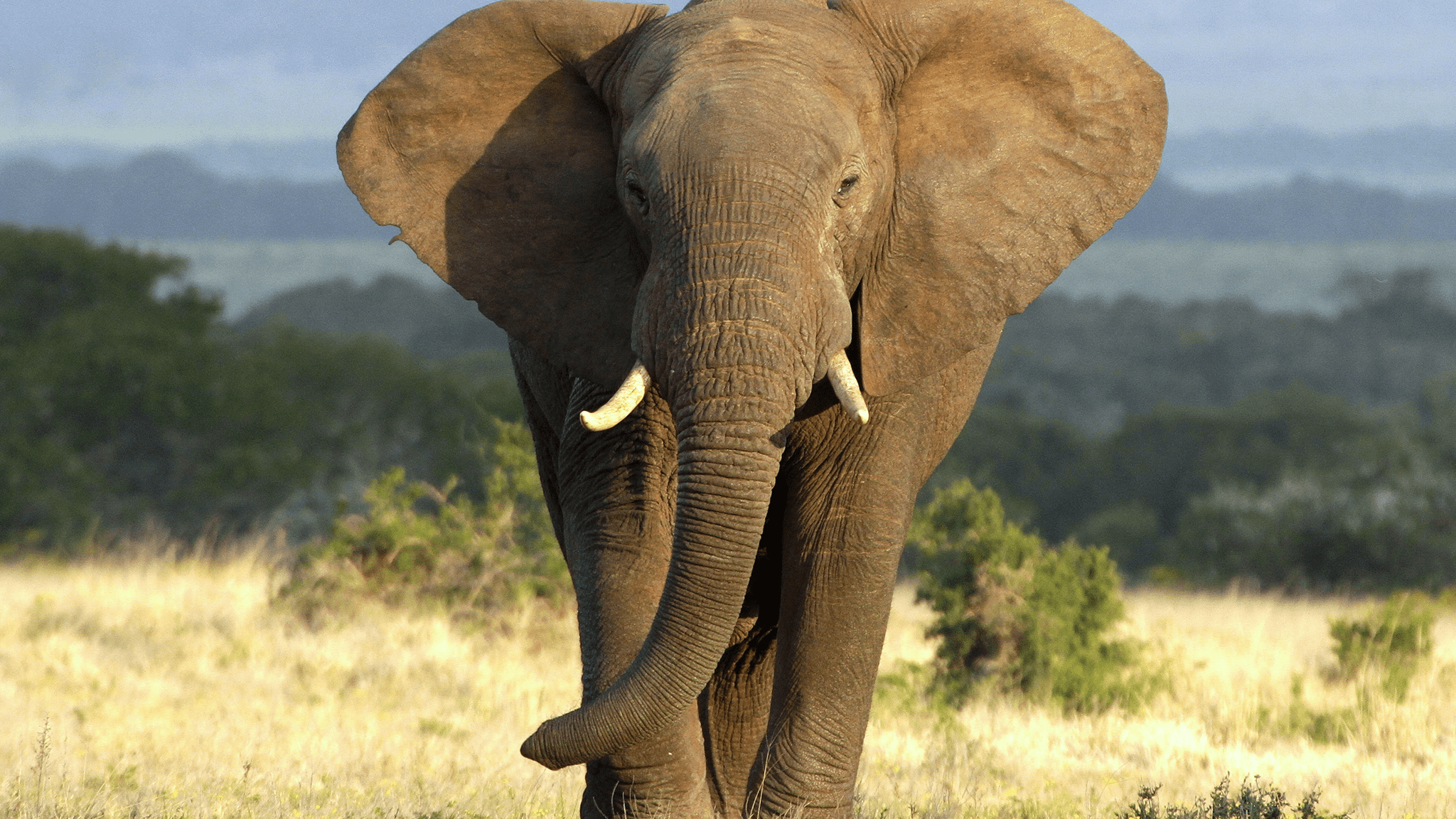Importing Elephants, Rhinoceroses, Hippopotami, and Tapirs to the United States

There are many processes involved with importing different species of regulated live animals into the United States. This page explains the requirements for importing elephants, rhinoceroses, hippopotami, and tapirs.
Requirements
View the Protocol for Importing Elephants, Hippos, Rhinos and Tapirs
Ports of Entry
An elephant, hippo, rhino, or tapir may only be imported into the United States at:
- Los Angeles, California
- Miami, Florida
- Newburgh, New York
- Or, on a case-by-case basis, and with prior written approval by APHIS, at another port of entry if:
- The animals will be inspected and treated at a facility provided by the importer.
- The Administrator has determined that the importer's facility is adequate for inspection, treatment, and incineration required under this section.
- The Administrator has determined that an inspector is available to perform at the importer's facility the services that are required under this section.
- The Administrator has determined that an inspector is available to perform at the port of entry the services that are required under this section if the animals will be inspected and treated at a facility provided by the importer.
Please contact APHIS Live Animal Imports for additional information on approval of alternative ports of entry: LAIE@usda.gov
Elephants, Hippos, Rhinos, and Tapirs Imported from Canada
Elephants, hippopotami, rhinoceroses and tapirs imported from Canada to the United States that meet specific criteria may be exempt from the full requirements outlined in the Protocol for the Importation of Elephants, Hippopotami, Rhinoceroses and Tapirs (655.01 KB). See exempt criteria below.
Any movement from Canada to the U.S. not meeting the exempt criteria detailed below must meet all requirements outlined in the import protocol.
EXEMPT Shipments
CITES permit required whether animal movement is exempt or non-exempt.
- Animal returning to United States from Canada
- In Canada less than 60 days
- No permit required, original U.S. health certificate
- Travel by air or sea also requires contacting APHIS at least 2 weeks in advance
- In Canada less than 60 days
- U.S.-origin animal
- In Canada more than 60 days
- No permit required, Canadian health certificate
- Travel by air or sea also requires contacting APHIS at least 2 weeks in advance
- In Canada more than 60 days
- Canadian-origin animal
- Canadian residency for entire life
- Movement is exempt, must have required document from CFIA*
- Travel by air or sea also requires contacting APHIS at least 2 weeks in advance
- Canadian residency for entire life
- Other country of origin
- More than 1 year in Canada prior to export
- Movement is exempt, must have required document from CFIA*
- Travel by Air/Sea also requires contacting APHIS at least 2 weeks in advance.
- More than 1 year in Canada prior to export
- Other country of origin
- Less than 1 year in Canada prior to export
- NOT EXEMPT (follow general protocol)
- Less than 1 year in Canada prior to export
*The animals are imported from Canada and are accompanied by a document signed by a veterinarian of the Canadian Food Inspection Agency stating: The animals were imported into Canada from a country other than the United States and have resided continuously for more than one year in Canada since that time, preceding their exportation to the United States; AND the animal(s) did not, during the year preceding their exportation into the United States, have physical contact with or share a pen or bedding materials with any non-US-origin elephant, hippo, rhino, or tapir imported into Canada during that year.
Contact Us
Live Animal Imports
For questions about import permits or permit applications:
Live Animal Import Permit Team
Email: laipermits@usda.gov
Phone: 301-851-3300
For general questions related to the import of a live animal:
Live Animal Import and Export
Email: laie@usda.gov
Phone: 301-851-3300

